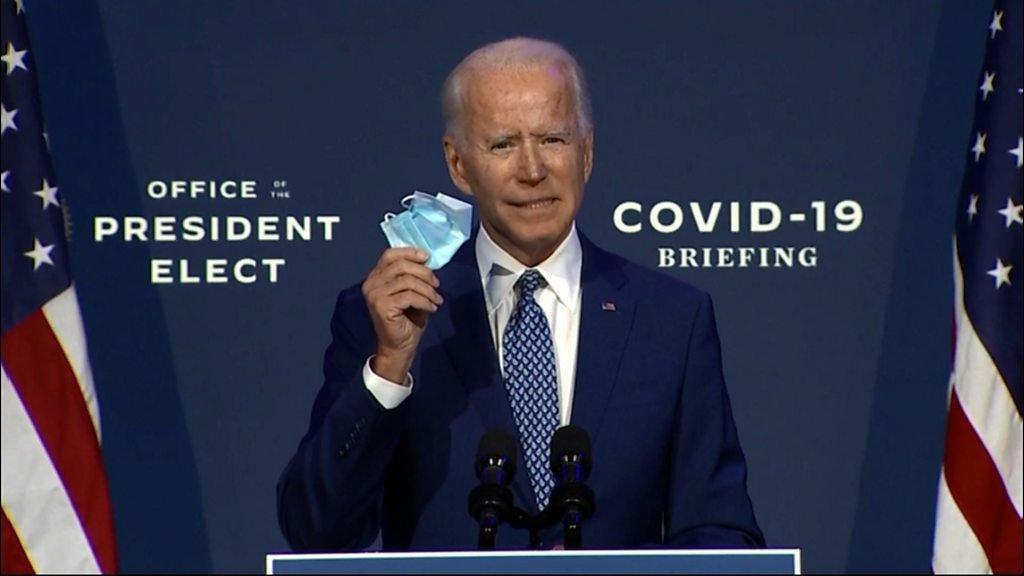Coronavirus: Oregon and New Mexico impose restrictions
- Published
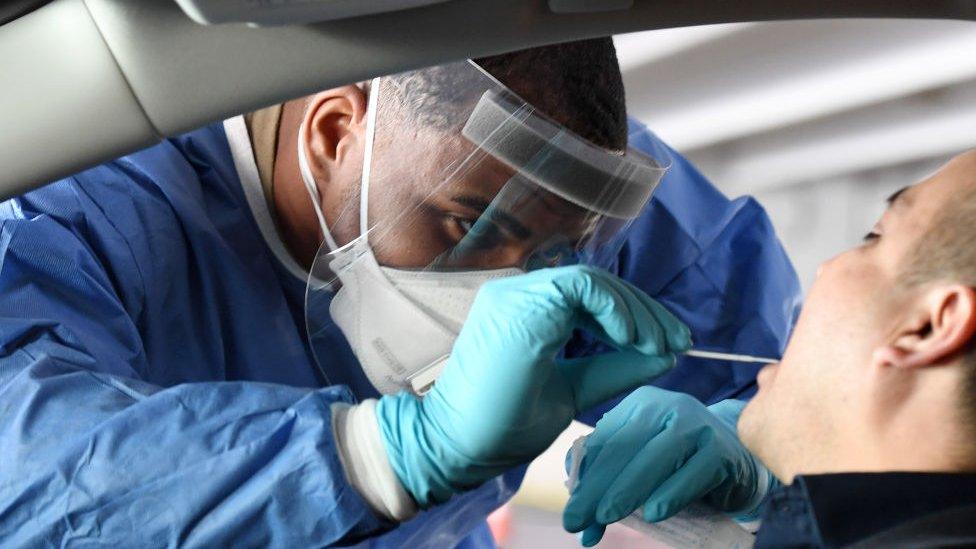
The US has reported more than 10m cases of coronavirus
The US states of Oregon and New Mexico have announced strict measures to curb the spread of Covid-19 as the country faces growing outbreaks of the disease.
Officials have ordered most non-essential businesses to close and urged people to limit their social interactions.
On Friday, California became the second state to hit one million Covid cases, after Texas.
On average, more than 900 people a day are dying with the disease in the US.
Daily cases have topped 100,000 for the last 11 days and more than 67,000 people are currently in hospital.
The US has seen over 10.7 million cases and 244,000 deaths thus far, according to Johns Hopkins University.
The Trump administration struck an optimistic tone on Friday, saying they hope to have two vaccines and two therapeutic treatments for Covid-19 approved by the Food and Drug Administration (FDA) in the coming weeks.
Dr Moncef Slaoui, head of the administration's vaccine initiative, said 20 million doses could be ready to be distributed in December, and then at least 20 million doses each month after that.
Meanwhile, President Donald Trump said he would not put the US into lockdown. "Lockdowns cost lives and they cost a lot of problems. The cure cannot be.... worse than the problem itself and I've said it many times," he said.
Data shows, external that the majority of the country has rising "community spread" of the virus - situations where people get the virus without any known contact with a sick person.
In recent weeks, the Midwestern US has been the centre of the outbreaks, with cases rising in states like Iowa, Minnesota, Michigan and Illinois.
Stay-at-home directives
Oregon Governor Kate Brown announced a two-week "freeze", limiting restaurants to take-out and shuttering gyms and recreational facilities from 18 November to 2 December.
"I'm not asking you, I am telling you, to stop your social gatherings ... and your house parties and to limit your social interactions to six and under, not more than one household," she said.
Meanwhile, New Mexico Governor Lujan Grisham ordered a two-week shutdown of non-essential businesses such as grocery stores, farms, childcare centres, banks, factories and healthcare facilities.
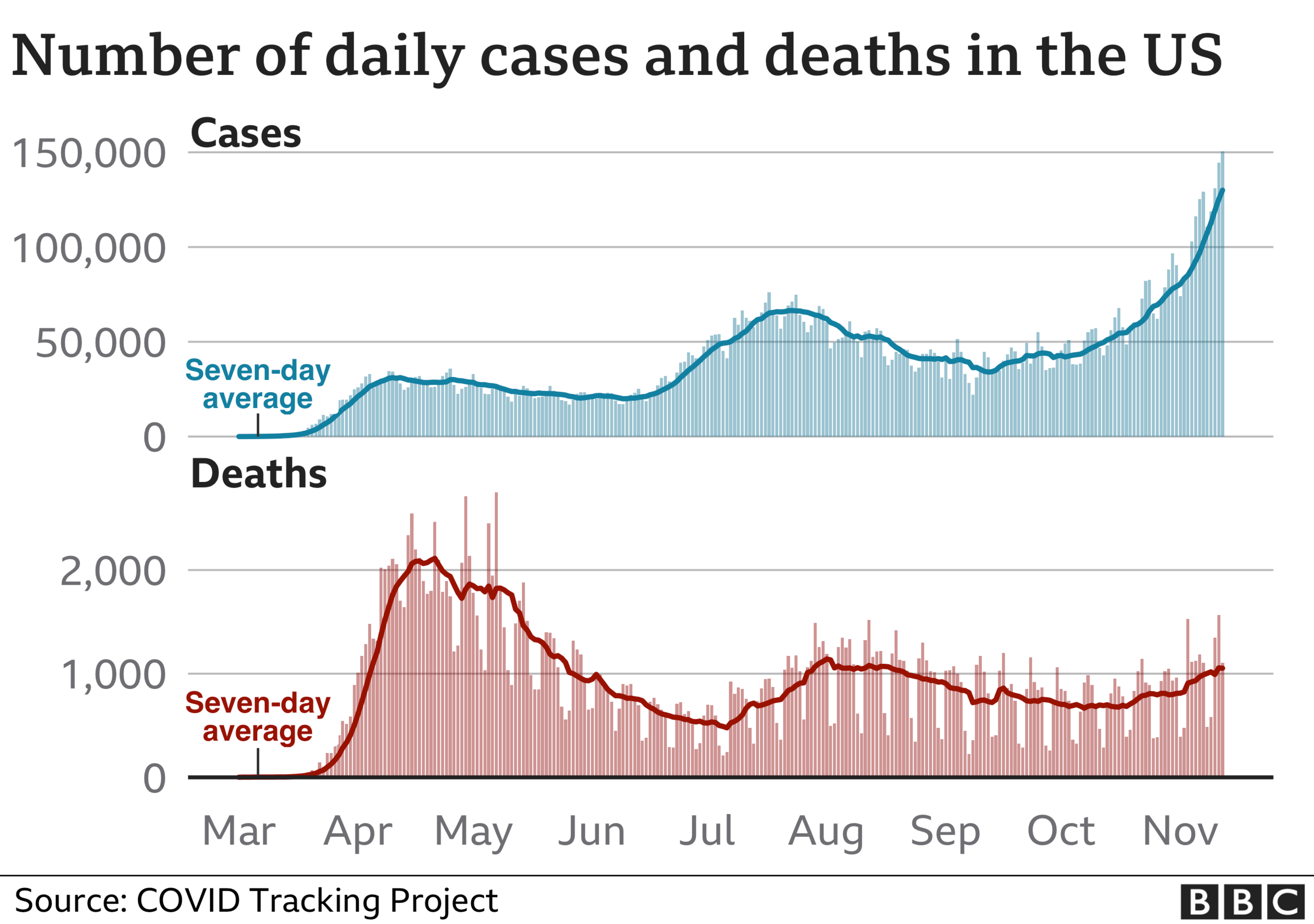
California and Texas - which reached the million-case milestone on 10 November - now both have viral caseloads that surpass other countries, including Mexico and Germany.
The surges have prompted local officials to hit pause on reopening efforts in several states, and some are re-imposing stay-at-home directives.
Eleven counties in California were told to reverse some reopening measures.
Southern California is the worst hit part of the state, with substantial outbreaks. In Los Angeles, there are more than 330,000 infections.
San Diego, Sacramento and Los Angeles counties are among the areas now on the lowest tier of California's reopening plan. Indoor dining and indoor religious services are prohibited.

EASY STEPS: How to keep safe
HOPE AND LOSS: Your coronavirus stories
VIDEO: The 20-second hand wash

As the state's positivity rate - the percentage of positive tests in the population - is now at 3.6%, California Governor Gavin Newsom urged people to wear masks and distance, saying: "Your actions could literally save lives."
President-elect Joe Biden also again renewed his call for Americans, "regardless of where they live or who they voted for" to "step up and do their part" with social distancing, mask wearing and hygiene.
"I understand it's not easy. I know people are tired. But this will not go on forever."
On Friday, it emerged that at least 30 Secret Service officers had contracted the virus in recent weeks, and dozens have been told to quarantine, the Washington Post, external and New York Times, external reported.
Many of the individuals had reportedly travelled to events around the US for both Mr Trump and Mr Biden.
What's the situation elsewhere in the US?
CBS News reports that 15 states saw the numbers of patients in hospital due to the virus double in the last month. Hospitals have warned that facilities could be overwhelmed if the trends continue.
Colder weather has forced people indoors, and experts say pandemic fatigue is also making Americans less cautious.
Republican governors in Iowa, Ohio, West Virginia and Utah have issued mask mandates
Ohio's governor has also threatened to shut bars and gyms if the outbreak worsens
In Minnesota, bars and restaurants must shut by 22:00 local time
Wisconsin and Nevada residents have been asked to stay at home for two weeks to avoid a return to restrictions
The Democratic governors of California, Oregon and Washington state have issued a travel advisory, discouraging non-essential travel and requesting people to quarantine post-travel
New York has ordered bars and restaurants that serve alcohol to close by 22:00 local time; gatherings are limited to 10 people; the city could also close schools on Monday
The city of Chicago has a stay-at-home advisory beginning on Monday, and non-essential businesses must close by 23:00 local time; gatherings are limited to 10 people
The city of Detroit has moved all students to remote learning due to the virus spikes
Indiana has halted reopening and limited social gatherings and events
Maryland has ordered restaurants to reduce indoor capacity to 50%
US infectious disease chief Dr Anthony Fauci told CBS on Friday: "If we do the things that are simple public health measures, that soaring will level and start to come down.
"You add that to the help of a vaccine, we can turn this around. It is not futile."
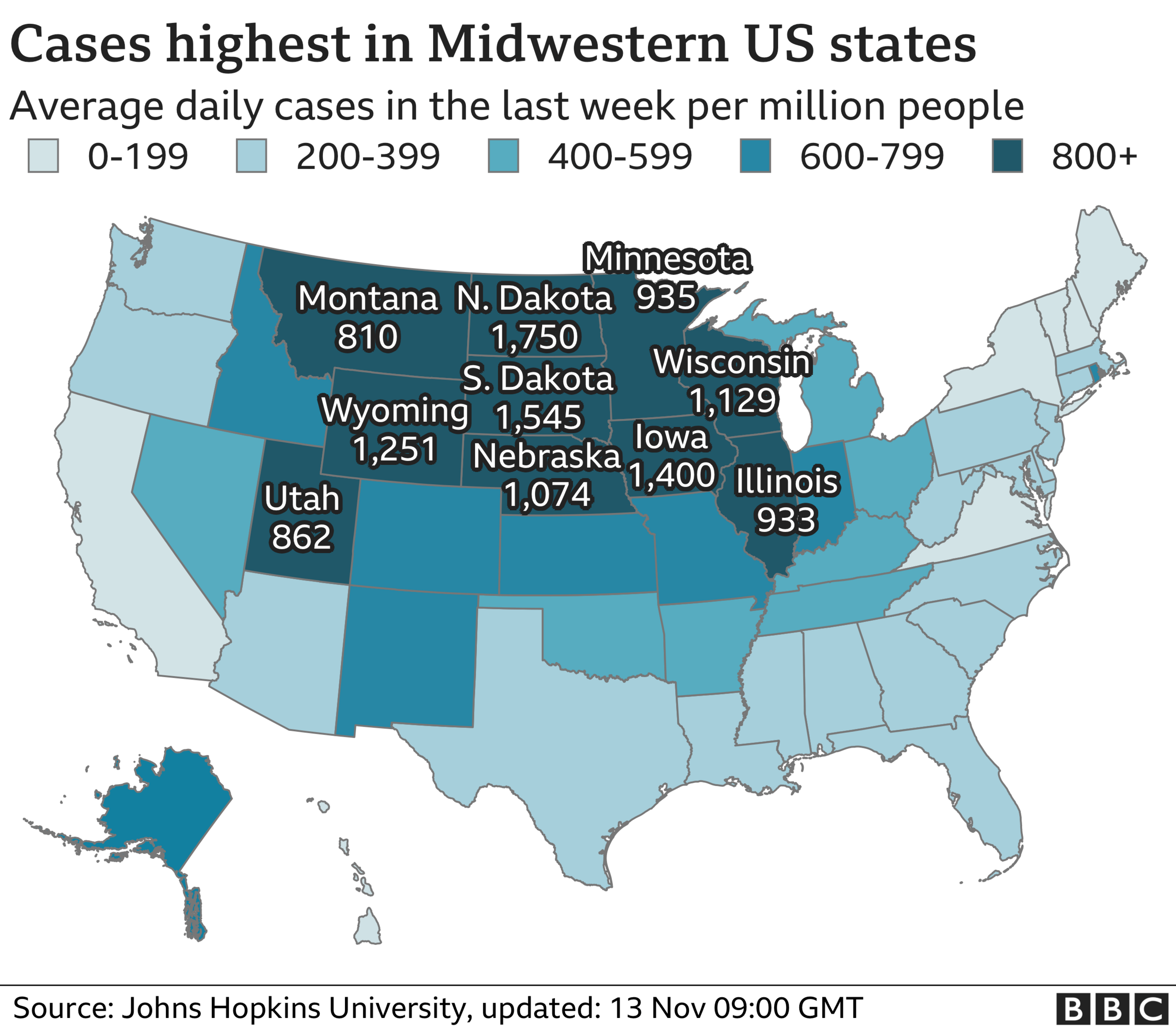
Concerns as another holiday approaches
Outbreaks in the spring and summer followed US schools' spring breaks and the national Labor Day holiday weekend - and now experts are concerned that as Thanksgiving approaches at the end of the month, the spikes will again worsen.
That is the situation playing out across the border in Canada, where people celebrated their Thanksgiving a month ago. The country's top doctors say that the holiday is partly why cities and provinces are now seeing record-high infections.
Indoor gatherings pose a large risk to spreading the virus, and as the holiday centres around eating together, wearing masks is not feasible.
One analysis, external from Georgia Institute of Technology researchers found the risk of having a Covid-positive individual at even a 10-person sized gathering could be close to 100% in the worst-hit parts of the US.
Back in October, Dr Fauci cautioned that the "sacred" American tradition of gathering together at Thanksgiving "is a risk".
"You may have to bite the bullet and sacrifice that social gathering, unless you're pretty certain that the people that you're dealing with are not infected," Dr Fauci told CBS News.


How are the new measures affecting you? Share your experiences by emailing haveyoursay@bbc.co.uk, external.
Please include a contact number if you are willing to speak to a BBC journalist. You can also get in touch in the following ways:
WhatsApp: +44 7756 165803
Tweet: @BBC_HaveYourSay, external
Please read our terms & conditions and privacy policy
If you are reading this page and can't see the form you will need to visit the mobile version of the BBC website to submit your question or comment or you can email us at HaveYourSay@bbc.co.uk, external. Please include your name, age and location with any submission.
- Published25 January 2022
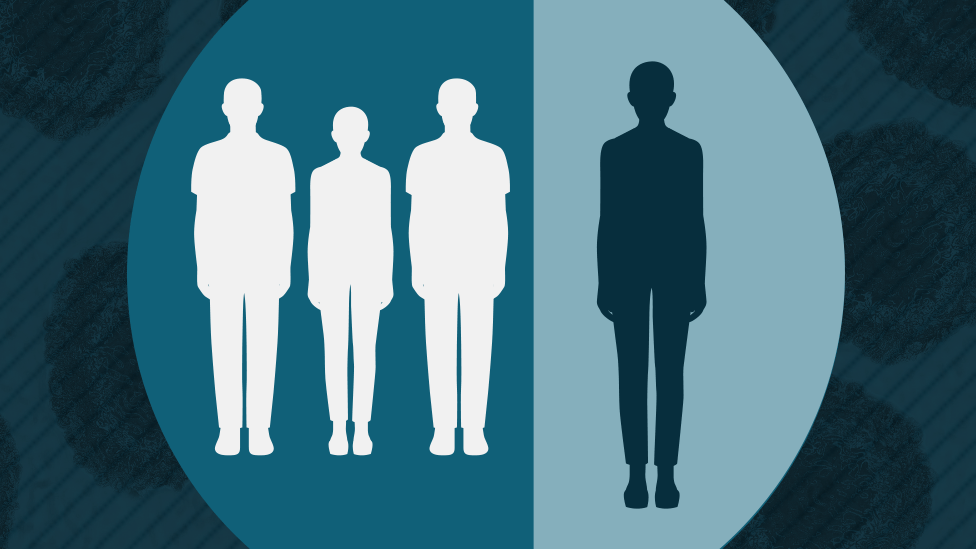
- Published23 August 2020
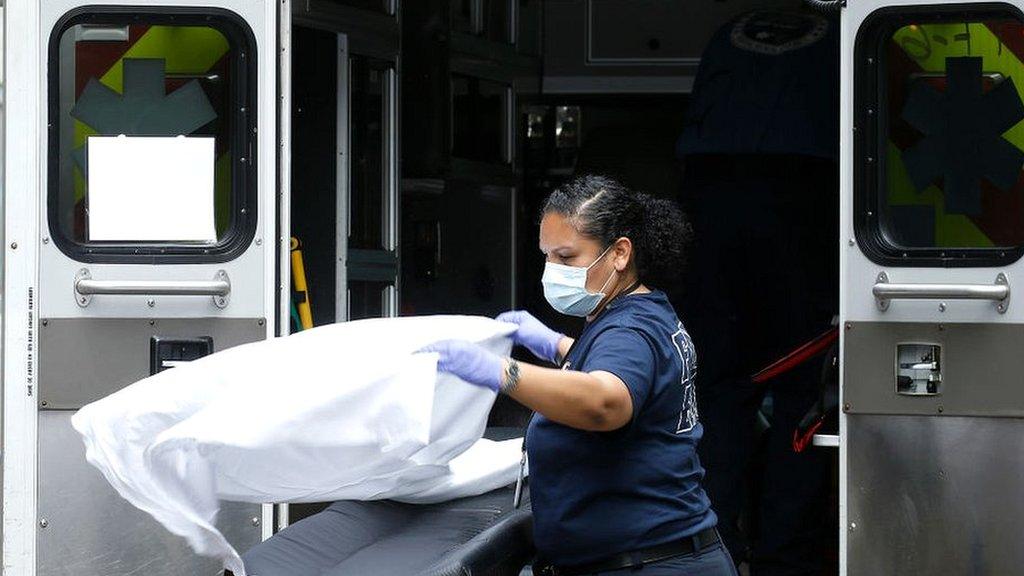
- Published6 October 2021

- Published12 November 2020
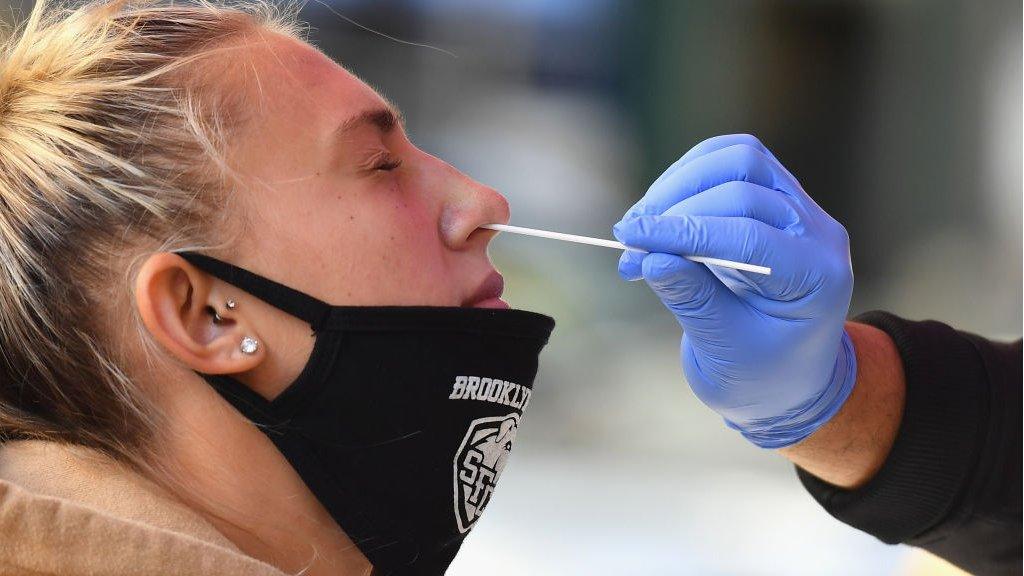
- Published24 December 2020
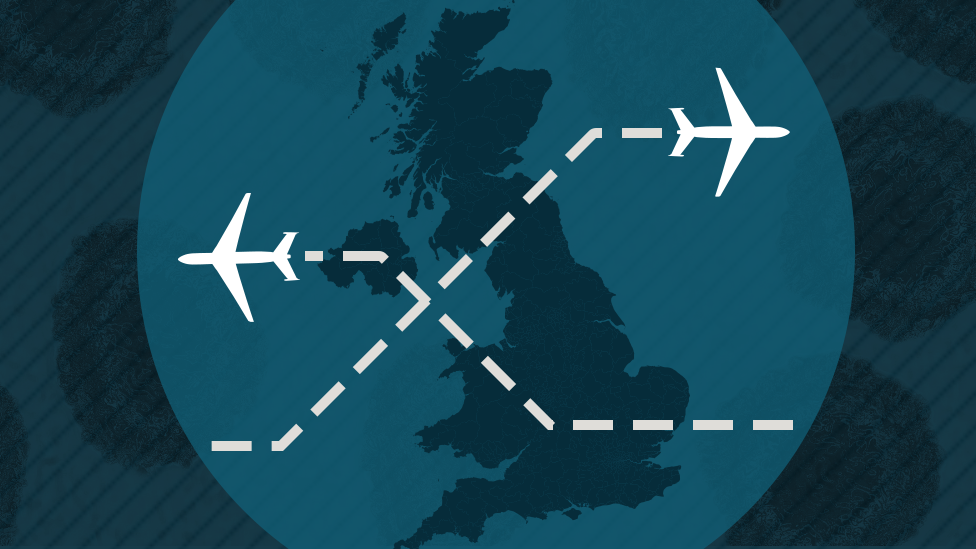
- Published9 November 2020
